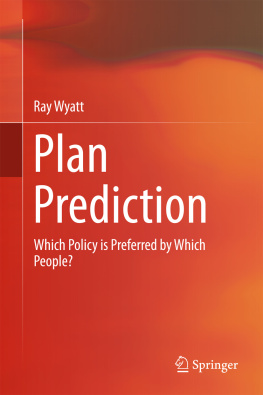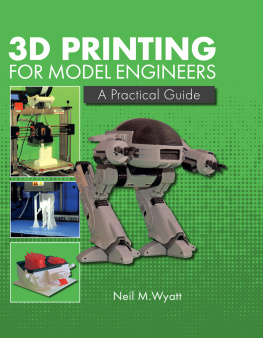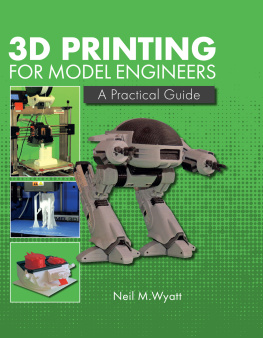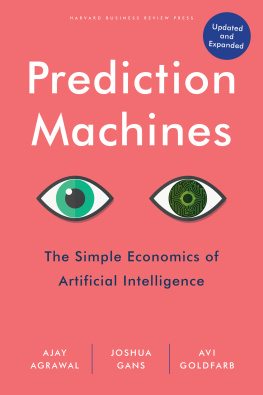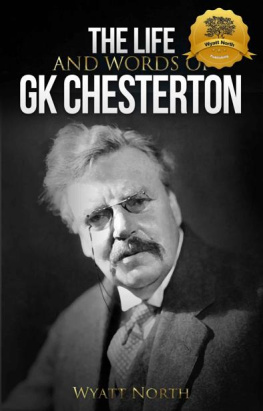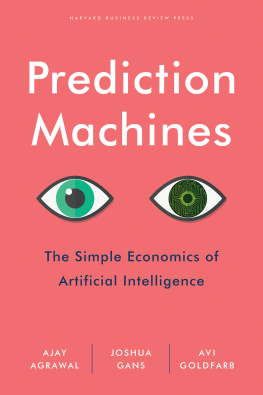1. School
George, I am so exhausted, exclaimed Marie, I need more maternity leave, and George could hardly believe his ears. Here was his wife, the archetypal career woman, wanting to stay home to look after their new baby. In truth, and they both knew it, Marie was not exhausted at all. Her mothering instinct had kicked in. She was now besotted with their beautiful daughter.
And why not? Their babys delicate, flawless face was topped by a shock of reddish hair to make her look extremely small and fragile, which was possibly why they named her tiny, or Tina. Yet what she lacked in stature she certainly made up for in vigour, with her thin, willowy limbs constantly moving and her blue eyes looking remarkably expressive.
So Marie did not work again until Tina started school, 5 years later. Achieving this proved to be a monumental struggle given the norm of both parents working to raise money for expensive, childcare and mortgage repayments, and they only persisted because neither Marie nor George ever showed much interest in material possessions. Nevertheless, Marie did often curse the lack of the steady bank repayments which an immediate resumption of her career would have guaranteed.
Yet somehow, the little household survived financially during this special period of their lives. They all greatly enjoyed living in their ageing bungalow in a decaying, working-class neighbourhood near the vibrant centre of their sprawling, first-world city.
Tina especially enjoyed her houses rambling and unkempt garden of the kind that most children love, and for as long as she could remember all rooms had been strewn with books and travel memorabilia that George, Marie and their friends had brought back from remote locations.
George was a hard-working journalist of the old school who was now struggling with the huge changes in his profession wrought by the internet. He ultimately survived due to his superb powers of articulation and his sociability, but while never actually acknowledging that he had a drinking problem, he was never at home very much. So it was Marie who mostly raised Tina.
Despite this, Marie managed during this time to study part-time and finish her higher degree in environmental planning from an online university. Her eventual reward was appointment as a junior teacher in the Environmental Studies Department of a prestigious university that was located within a rather seedy neighbourhood close to where they lived.
All this meant that Tinas childhood was nothing if not stimulating. The interesting stories that her father sometimes told her, the plethora of visiting academics her mother brought home and free access to newspapers, books, classified reports and the internet, made Tina intellectually mature beyond her years. As an only child, she was comfortable talking to adults and learning from them. Indeed, she became renowned for her remarkable ability to see through complicated situations.
Every day Tina walked to school through her neighbourhood of mixed land uses. Her primary school was a typical, state-run institution, and she felt very secure there. Its rather traditional curriculum also contained some progressive elements designed to cater for the diverse array of international pupils whose parents worked at the nearby public hospital and university, and these stimulated Tina even more. Ever since she could remember, her life had been one of energy, enthusiasm and curiosity.
1.1 Birthday
Towards the end of her primary school years, however, Tina began to realize she was not a full-fledged member of the cool group. Indeed, her lack of social status became painfully obvious on the occasion of her twelfth birthday. She had missed having a party for both her tenth and eleventh birthdays, and she was now determined to have a very special celebration for her twelfth.
So she told her mother that the fairy dresses and ice cream cakes of earlier years were now pass. In their place she negotiated for everyone to go to the local swimming pool in the afternoon, to a shower tea at home in the evening and to an all-night sleepover in her fathers large, basement den with its videos, computer games and other things which most girls of her age enjoyed.
But disaster. Im sorry Tina, I have a family function that night, said one girl who Tina had particularly wanted to come. Several others then dropped out with similar excuses. In fact, many members of the in group, and even one or two of her closest friends, said they were mysteriously unavailable.
Most of them did not actually have anything to do on that Saturday evening. They just wanted to stay away and chat with their friends on social media instead. Being more interested in boys, junior discos, cosmetics and fashion, they opted not to be seen at Tinas party because it seemed so juvenile. So although the party went ahead as planned and Tina put on a brave face, she was absolutely devastated.
I am never going to have another birthday party, sobbed the distraught, recently turned 12-year-old as she lay on the living room couch. Marie consoled her, as only mothers can, by gently stroking her wavy red hair. Marie had always felt close to her daughter, especially at times like this, and her heart almost broke. The whole fiasco had been extremely traumatic.
Even so, Marie felt obliged to gently suggest that an important lesson had been learned. And even in her distraught state, Tina understoodno plan ever works unless it intersects with what people prefer. If people disapprove of any plan, it will usually fail, and this was something of a revelation, one which would henceforth make Tina see the world in a different light.
Although she had always listened to George and Maries friends assertions that the secret of good planning is finding the highest-quality policy based upon the best available information, Tina was beginning to suspect that objectively finding the best possible plan, at least within complicated, socially sensitive situations, is actually impossible. Such a situation persists despite researchers enlisting the aid of statistical analyses, collaborative interaction, modelling, forecasting, optimisation, simulation or whatever.
It followed that given their inability to ever find a best plan, strategic planners should turn more of their attention towards at least avoiding planning disasters by becoming more competent at predicting peoples preferences. Such a skill certainly seemed worthy of a whole book being written about it, like this one. Indeed, Tina would have benefitted from reading such a book before her twelfth birthday.
So although she was still little more than a child, Tinas unforgettable experience marked the beginning of her lifelong search for the holy grail of more accurate, plan prediction. She reasoned that if she could better forecast the desirability scores that people will attribute to plans, she would better fit in with her peer groupsomething that is vitally important to most school girls.
Eventually she would realize that plan prediction is not rocket scienceit is actually quite straightforward. But such insight would have to wait until much later in her life, and for now she only thought about plan-score forecasting in vague and simplistic terms. She had a partially formed notion in her head that the scores which people will assign to plans may have something to do with their underlying motives. Preferred plans do not just appear out of thin air; surely they are related to purpose.

